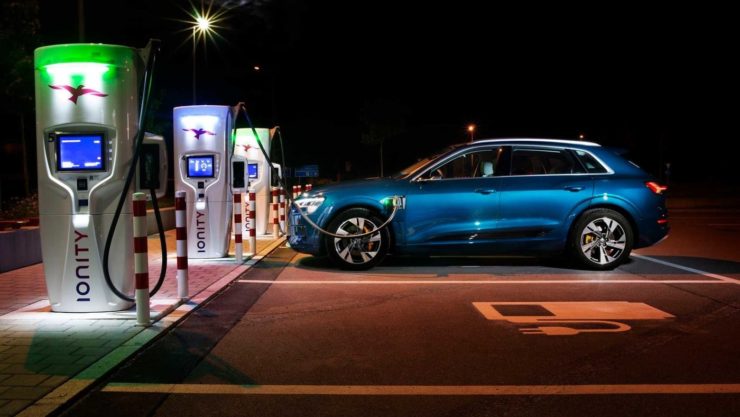
British Prime Minister Boris Johnson could soon announce a ban on the sale of new petrol- and diesel-powered cars in the UK from 2030. Previously, the ban was supposed to take effect in 2040, but it was moved ahead to 2035 in February 2020. Now, reports from Financial Times UK and BBC claim that the ban will be moved forward once again, to 2030.
An official announcement regarding the same is speculated to arrive next week. The move is expected to jump-start the electric vehicle market in the UK, thus helping reach the goal of reaching zero net emissions by 2050. The sale of hybrid and PHEVs will continue till 2035, according to the reports. The decision to ban ICE-powered vehicles is also expected to force carmakers to focus on EVs.
The switch to electric vehicles will be quite taxing for auto manufacturers. Some companies have also stated that banning hybrid vehicles at such short notice could potentially disrupt the growth of the auto sector in the UK.
Apart from that, there are a few concerns about electric vehicle support infrastructure, including charging stations, etc., in the country. Although the EV infrastructure in the UK is quite good and is still rapidly growing, it may still not be able to handle an entire country’s worth of vehicles so soon.
A similar plan was also proposed by Niti Ayog, wherein only EVs would be sold in India post-2030. The Government of India, however, has not announced any such move. The EV support infrastructure is majorly lacking in our country, and although there has been major progress in that area, it would much more than a decade for EV charging stations to be available throughout the country.
Apart from that, there are plenty of challenges in India regarding EV manufacturing as well. EV makers in our market mainly rely on Li-ion battery imports from China, which is quite an expensive option. Also, even though a switch from fossil fuels to electricity for vehicles would help cut oil imports, it is sure to put tremendous pressure on electricity generation.
This website uses cookies.